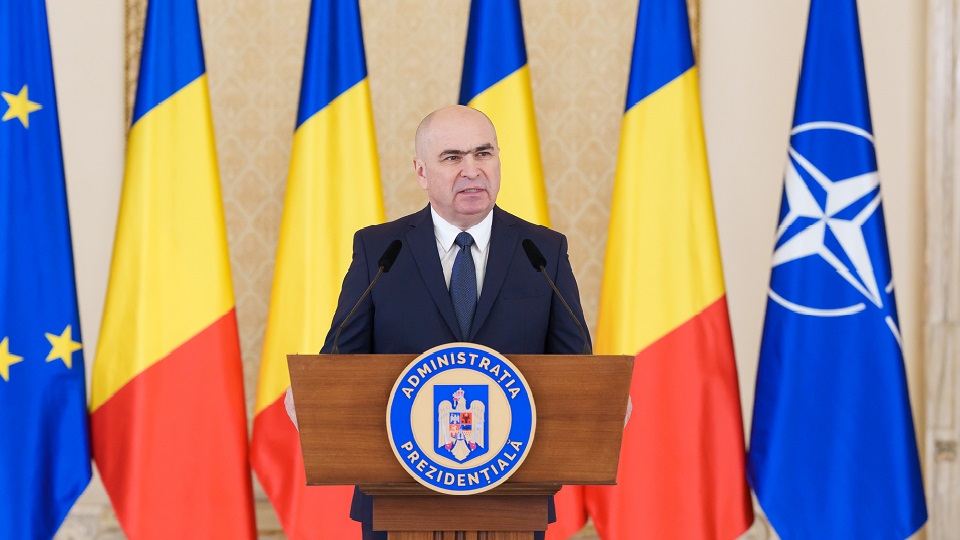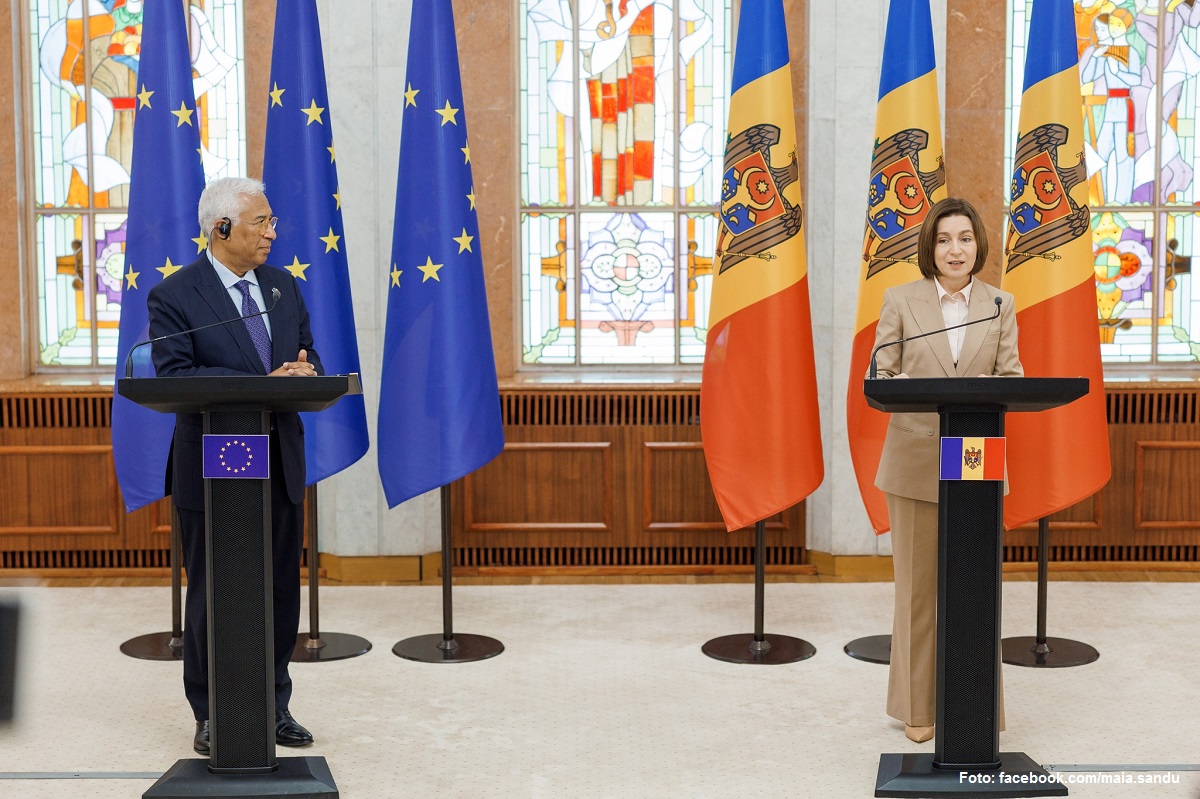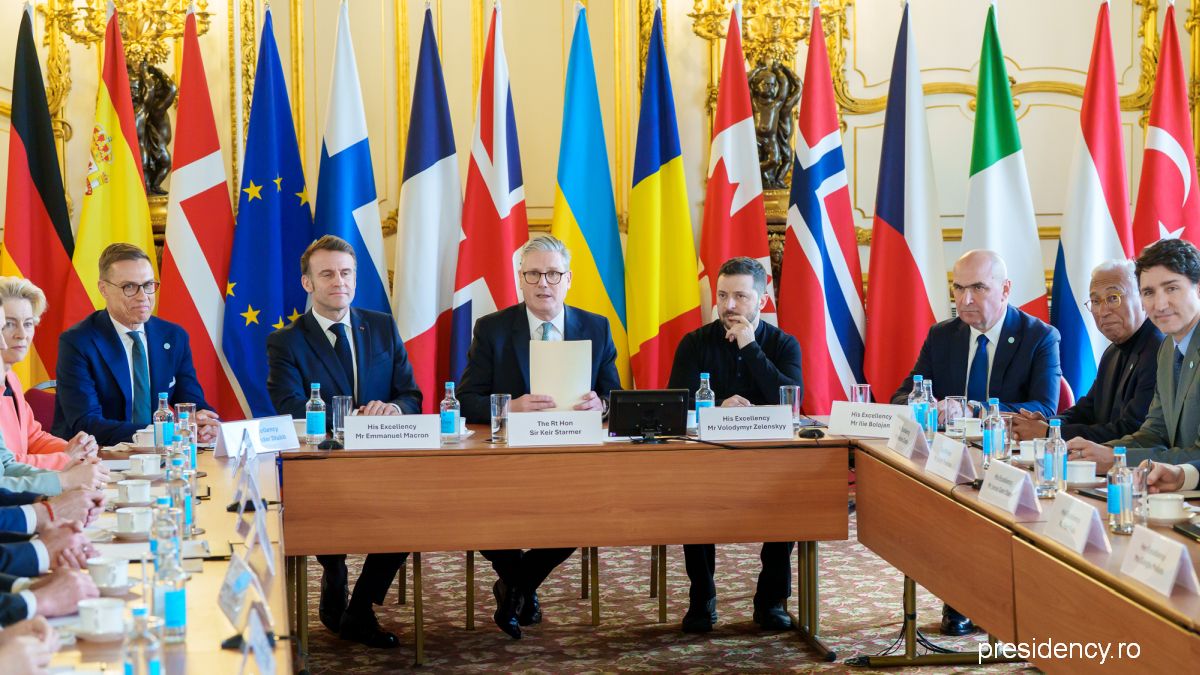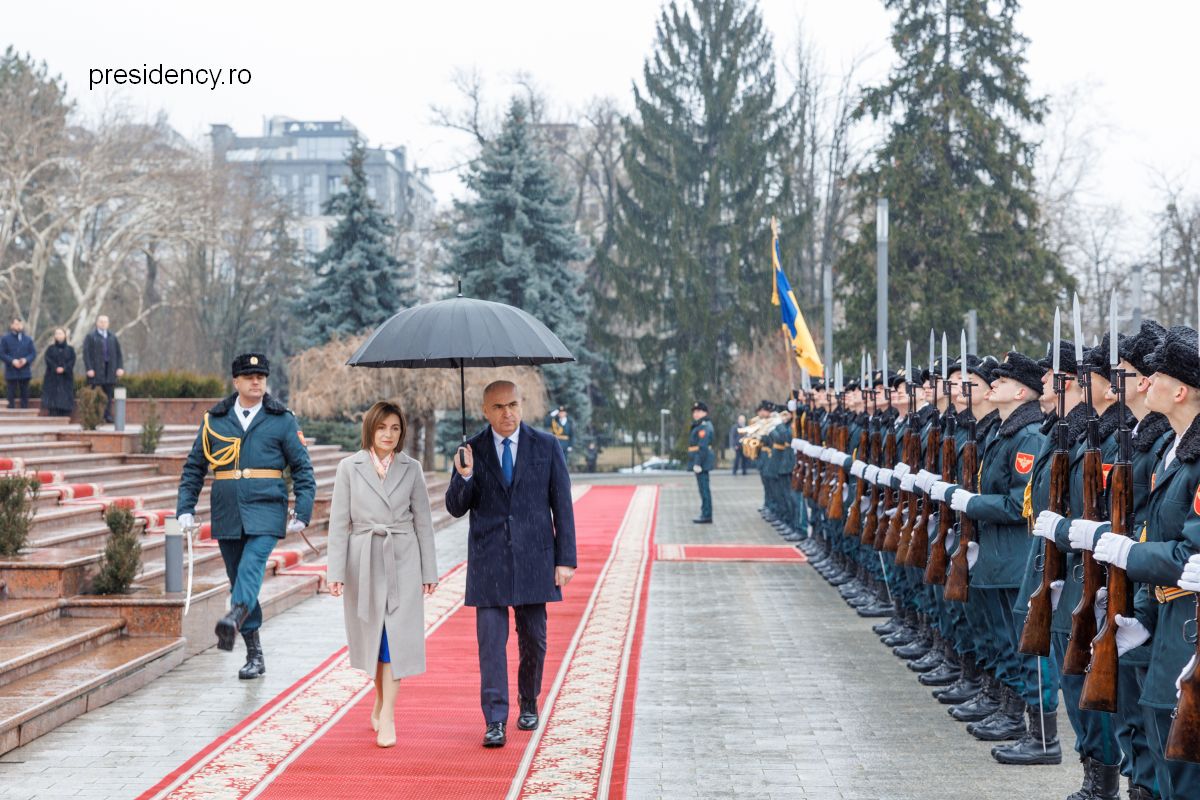Romanian troops in international missions
During the 10 years since Romania joined NATO, 40,000 Romanian troops have taken part in international missions. The first and most important one is the operation in Afghanistan, where Romania has sent more than 24,000 troops and lost, in 12 years, more than 23 lives.
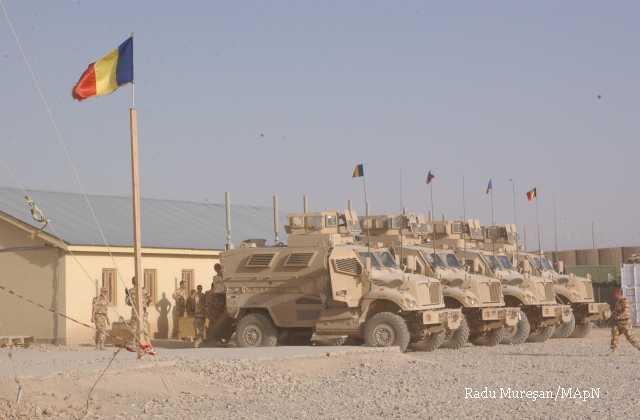
România Internațional, 31.03.2014, 13:06
During the 10 years since Romania joined NATO, 40,000 Romanian troops have taken part in international missions. The first and most important one is the operation in Afghanistan, where Romania has sent more than 24,000 troops and lost, in 12 years, more than 23 lives.
At present, only 1,050 Romanian military are still Afghanistan, and together with the other foreign troops they are scheduled to pull out by the end of the year, when power is handed over to the Afghan forces. Appreciated by both NATO and Kabul, the Romanian military presence in Afghanistan will be replaced, starting next year, with an important contribution to the country’s reconstruction efforts. 200 Romanian troops will remain in Afghanistan to train the Afghan troops.
Another 10,000 Romanian military have taken part in peacekeeping missions in Iraq, and several hundred in Bosnia Herzegovina and Kosovo.
So far, 26 Romanian soldiers lost their lives and over 140 were wounded in NATO operations in the Western Balkans, Iraq, Afghanistan and northern Africa.
In spite of these figures, Prime Minister Victor Ponta said that Romania’s NATO accession a decade ago became a landmark in the national history, in that it brought about a new level of stability and security. Ponta added that the decision proved to be the right one, and this is confirmed by the current complex international context. Just days ago, President Traian Basescu said that, given the current regional developments, the Romanian Army should target a substantial improvement of its response capacity.
Experts emphasise that the 10th anniversary of Romania’s NATO membership finds the country in close vicinity to a Russian-Ukrainian conflict that threatens the stability and security of the region, but also in a position to host anti-missile interceptor systems, an important element of NATO’s missile defence system in Europe.

